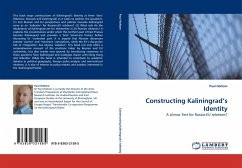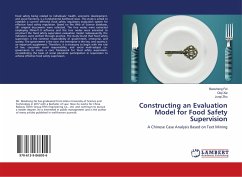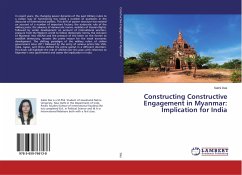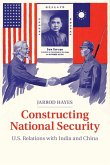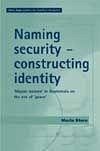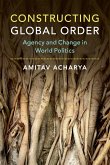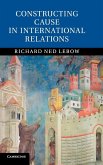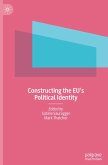This book maps constructions of Kaliningrad s identity at three sites (Moscow, Brussels and Kaliningrad) as it seeks to address the questions: (1) Can Russian and EU perspectives and policies towards Kaliningrad serve as an indicator for Russian-EU relations? (2) What role do the inhabitants of Kaliningrad see for themselves in EU-Russian relations? It explores the circumstances under which the northern part of East Prussia became Kaliningrad and provides a brief Soviet-era history before discussing its contested past. It is argued that Russian discourses present warrior and merchant conceptions, while the EU s discourses talk of integration but impose isolation . This book not only offers a comprehensive account of the positions taken by Russian and EU authorities, but also breaks new ground by introducing responses to these positions from Kaliningrad and analogies drawn with Hong Kong and Gibraltar. While the book is intended to contribute to academic debates in political geography, foreign policy analysis and international relations, it is also of interest to policy-makers and analysts interested in the Kaliningrad Puzzle .

